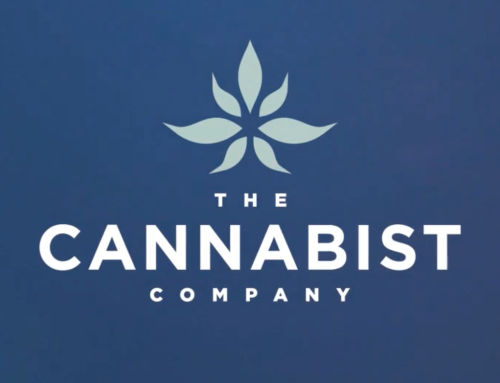Revitalization of Cannabis Industry through Amsterdam-Style Social Cafes
LOS ANGELES- In an effort to revitalize the state’s cannabis industry and bolster tourism in dormant urban areas, California assemblymember Matt Haney (D-San Francisco) has introduced legislation that may potentially reshape the existing cannabis marketplace. AB 374, a proposed bill that garnered substantial bipartisan support, seeks to empower local governments to license cafes where people can enjoy cannabis products amidst a sociable atmosphere, reminiscent of the prominent Dutch model.
The burgeoning legislation cleared the California Senate last week with a convincing 33-3 vote, later securing the Assembly’s endorsement on Monday through a 66-9 vote tally, demonstrating a remarkable consensus across party lines. This initiative may signify a pivotal moment for cannabis businesses that have been grappling with issues such as market oversaturation and stiff competition from the illicit market.
Drawing inspiration from the Netherlands, where the integration of cannabis use into the social fabric has been acknowledged and accommodated, AB 374 proposes a novel approach diverging from California’s erstwhile dispensary-focused strategy. The Dutch precedent illustrates a thriving interface between cannabis consumption and sociability, with over 1.5 million tourists annually visiting the nation’s famed coffee shops, where cannabis and refreshments can be enjoyed concomitantly.
Assemblymember Haney emphasizes the potential dual benefits of the bill: offering a lifeline to struggling cannabis businesses and rejuvenating underutilized urban spaces. By fostering a vibrant atmosphere where individuals can partake in cannabis within a communal setting — complemented with offerings such as coffee, food, and live music — the initiative aims to recreate the allure of Dutch-style cafes on Californian soil.
Significantly, the bill delineates a clear boundary, advocating not for coffee shops to venture into cannabis sales, but rather encouraging existing cannabis retailers to expand their repertoire to include non-cannabis-infused items. This distinction is central to the bill’s agenda to fuel economic growth, spur job creation, and cultivate diversified business opportunities, potentially reviving an industry fraught with challenges.
The cannabis sector in California, despite achieving legal sales to the tune of $4 billion in 2020, has been beleaguered by high taxation and a burgeoning black market, with illicit sales forecasted to eclipse $8 billion. In this complex landscape, AB 374 stands as a beacon of innovation and adaptability, potentially heralding a new chapter in the Golden State’s cannabis narrative, while fostering a harmonious blend of business and leisure in the burgeoning industry.



































